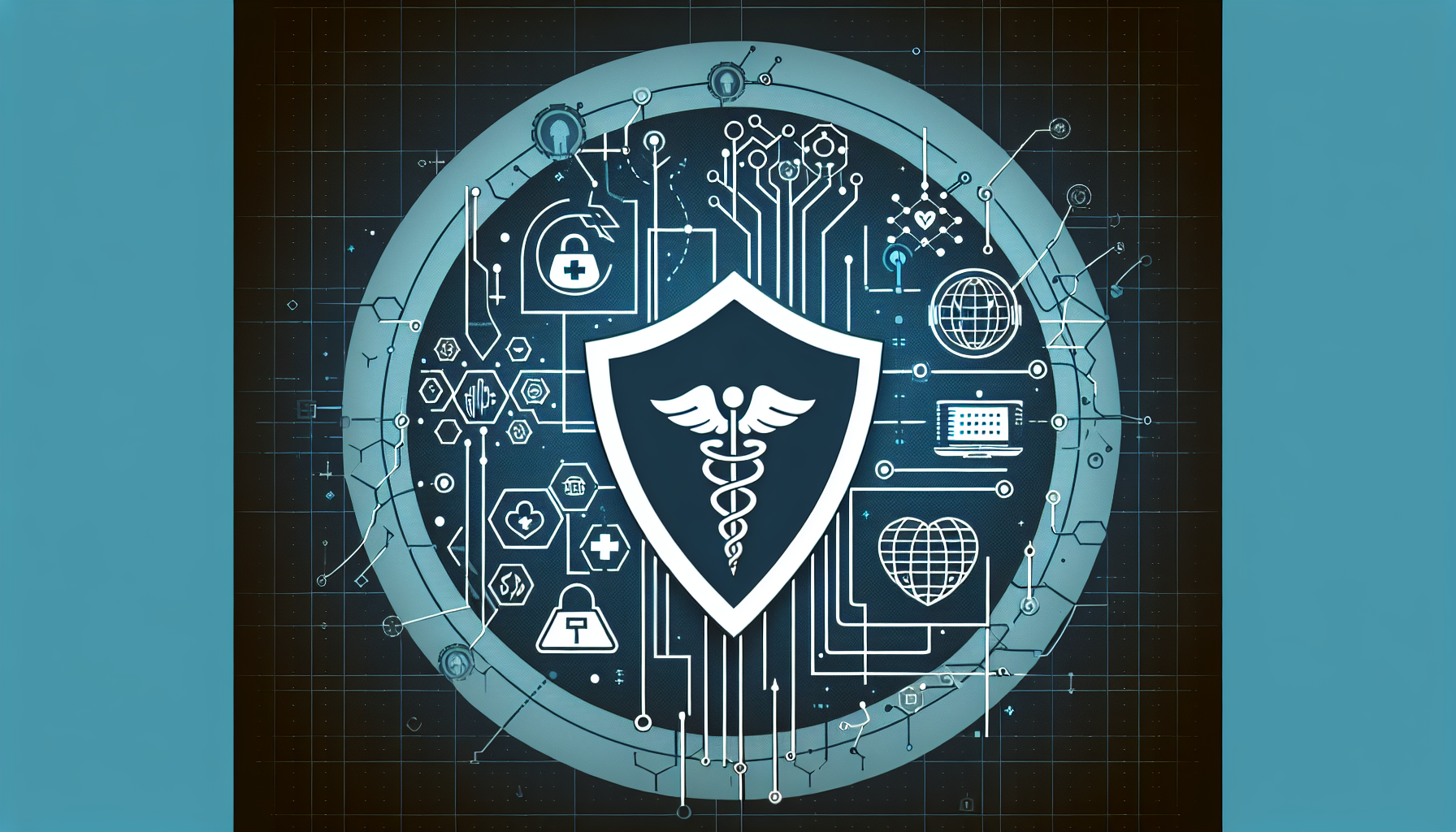Cybersecurity in the Healthcare Industry: Protecting Patient Data
The Unique Cybersecurity Challenges in Healthcare
Healthcare organizations are prime targets for cybercriminals due to the highly sensitive nature of the data they hold. This data includes protected health information (PHI), financial information, and personally identifying information (PII). The monetary value of stolen patient records on the Dark Web can range from $250 to $1,000 each, making them far more valuable than other types of stolen data like credit card numbers or Social Security numbers. This makes healthcare a lucrative target for cyber criminals and nation-state actors alike.
However, the consequences of cyberattacks in healthcare go beyond financial loss. They can directly impact patient safety and the quality of care provided. Disruptions caused by cyber incidents can lead to delays in treatment, compromised patient outcomes, and even life-threatening situations. Therefore, it’s crucial for healthcare organizations to prioritize cybersecurity as an integral part of their risk management and patient safety strategies.
Compliance Requirements in Healthcare Cybersecurity
Given the sensitivity of patient data, healthcare organizations are subject to stringent regulatory requirements. The Health Insurance Portability and Accountability Act (HIPAA) sets national standards for the protection of health information. Compliance with HIPAA involves implementing administrative, physical, and technical safeguards to ensure the confidentiality, integrity, and availability of PHI.
Other regulatory frameworks that healthcare organizations must adhere to include the General Data Protection Regulation (GDPR) for organizations handling the data of EU citizens and the National Institute of Standards and Technology (NIST) Cybersecurity Framework. These regulations mandate regular security assessments, employee training, and the implementation of robust data protection measures.
Cybermack offers comprehensive compliance solutions to help healthcare organizations meet these regulatory requirements. Our services include detailed security assessments, penetration testing, and system hardening to identify and mitigate vulnerabilities. We also provide managed security services to ensure continuous monitoring and protection of your systems.
Risk Management Best Practices
Effective risk management in healthcare cybersecurity involves a multi-layered approach. Here are some best practices to consider:
-
Conduct Regular Security Assessments: Regular security assessments can help identify vulnerabilities in your systems and processes. Cybermack’s security assessments provide a thorough evaluation of your security posture and actionable recommendations to enhance it.
-
Implement Strong Access Controls: Limit access to sensitive data to authorized personnel only. Use multi-factor authentication (MFA) and role-based access controls (RBAC) to enhance security.
-
Encrypt Sensitive Data: Ensure that PHI and other sensitive data are encrypted both at rest and in transit. Encryption adds an additional layer of security, making it more difficult for unauthorized individuals to access the data.
-
Employee Training and Awareness: Human error is a significant factor in many cyber incidents. Regular training and awareness programs can help employees recognize and respond to potential threats, such as phishing attacks.
-
Incident Response Planning: Develop and regularly update an incident response plan to ensure a quick and effective response to any cyber incidents. Cybermack’s managed security services include incident response planning and support to help you minimize the impact of cyberattacks.
The Role of Managed Security Services
Managed security services play a critical role in enhancing the cybersecurity posture of healthcare organizations. By outsourcing security to experienced professionals, healthcare providers can benefit from continuous monitoring, threat detection, and rapid response to incidents.
Cybermack’s managed security services offer 24/7 monitoring and support, leveraging advanced threat intelligence and state-of-the-art security technologies. Our team of experts works diligently to identify and mitigate threats before they can impact your operations. This proactive approach not only enhances your security but also ensures compliance with regulatory requirements.
System Hardening in Healthcare
System hardening involves implementing security measures to protect systems from vulnerabilities and threats. This includes configuring systems securely, applying patches and updates, and disabling unnecessary services and features.
Healthcare organizations often use a variety of systems, including electronic health records (EHR) systems, medical devices, and network infrastructure. Each of these systems needs to be hardened to ensure overall security.
Cybermack offers comprehensive system hardening services to help healthcare organizations secure their systems. Our experts conduct a thorough analysis of your systems, identify potential vulnerabilities, and implement security measures to mitigate risks. This ensures that your systems are resilient against cyber threats and compliant with regulatory requirements.







